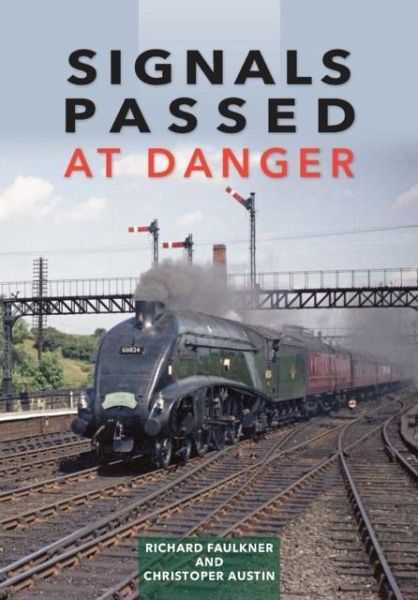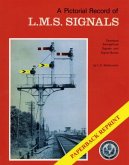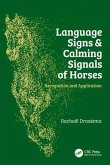A hundred years on from the legislation that grouped Britain''s private railway companies into the ''Big Four,'' this book explores the often fraught relationships between government, parliament and the railway. The 1923 grouping closely followed the creation of the Ministry of Transport in 1919 and marked the start of the political intervention that continues to this day. Signals Passed at Danger traces the stormy relationships between politicians and railway people, the origins of mistrust which led to constant political interference in the industry, and the unending upheaval caused by frequent reorganisations as various political theories were tried and found wanting. The story begins with the undue parliamentary influence wielded by railway directors in the nineteenth century and continues with the broken promises of governments after two world wars to recompense the railways for the depredations of war, to the irresponsible experiment of privatisation in the 1990s along with the subsequent attempts to deal with the consequences. The authors have both worked in the front-line of the relationships between government and railway, drawing on their experience as well as meticulous research, they paint a broad canvas, but one illustrated with local detail to show the consequences of high level political decisions. This is a companion to the award winning Holding the Line, which dealt with the politics of railway closures, and Disconnected! that told the story of reopened lines and stations. It will be essential reading for historians, economists, railways managers, civil servants, political researchers and students as well as the many thousands who have an interest in the rich history of railways in Britain.
Hinweis: Dieser Artikel kann nur an eine deutsche Lieferadresse ausgeliefert werden.
Hinweis: Dieser Artikel kann nur an eine deutsche Lieferadresse ausgeliefert werden.








